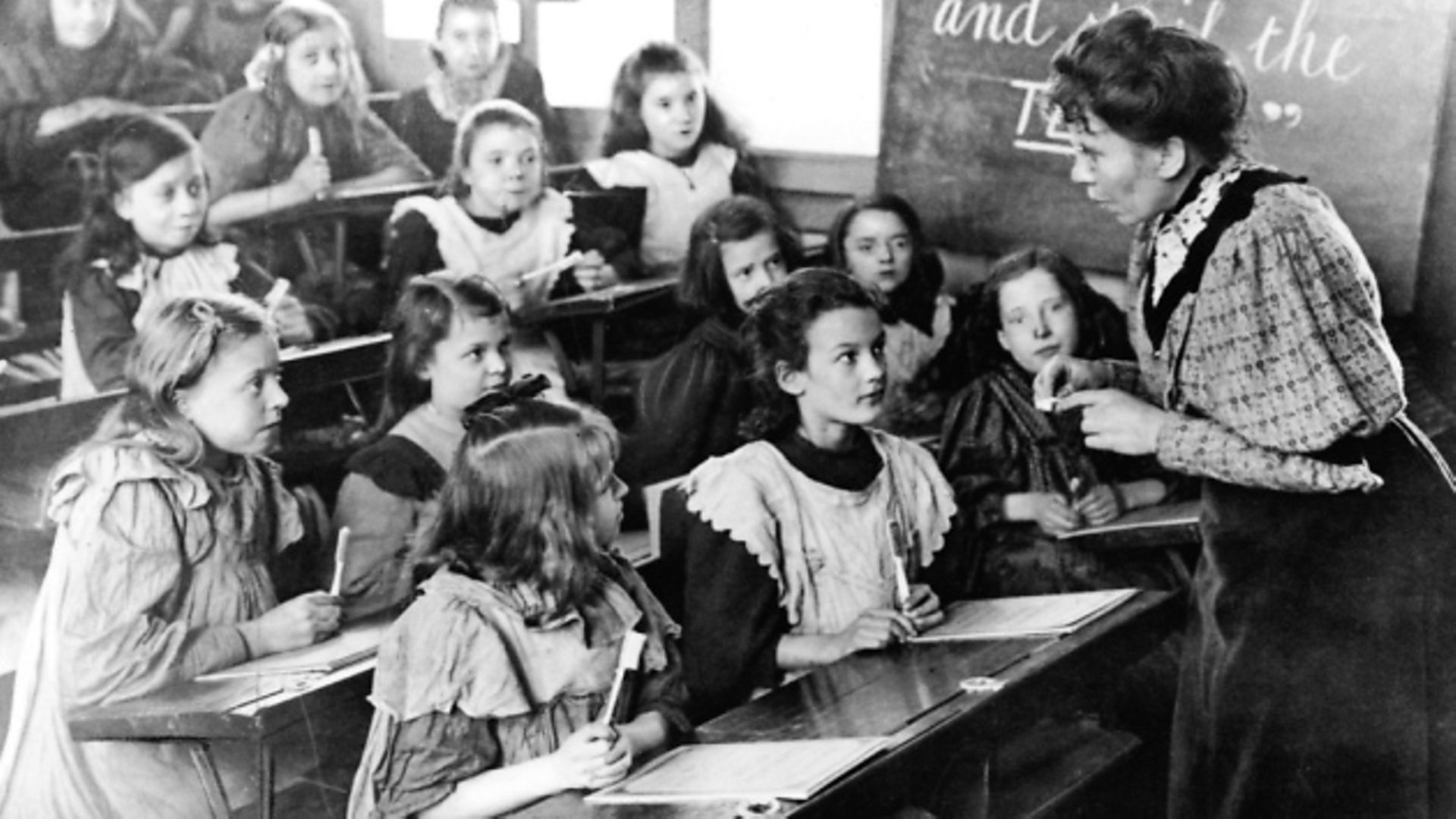
When I left school in 1963 at the age of 19 after 15 years of full-time education, nothing happened. Nothing at all. We just walked out of the school gates, knowing that we would not be coming back anymore, except as visitors. There were no ceremonies, no dressing up, no handing over of pieces of paper, no music playing, no dances.
Things have changed a lot over the last decades. Nowadays there seems to be a tendency in many aspects of British education to big things up, to make more of a fuss, and to ensure everything seems more significant and impressive. Some children leaving primary schools and even nursery schools these days participate in graduation ceremonies where they are given diplomas – which they show every sign of feeling good about.
Some of these boosting practices seem to have been borrowed from the United States, and this sometimes shows in the educational vocabulary which is typically used. Until recently, British schools had pupils who received marks evaluating their exam performances and class work. Increasingly these days, schools instead have students who are awarded grades, à la américaine.
Substituting student for pupil does represent American usage, but it is surely also an attempt to make young people sound more impressive and significant through the adoption of a term originally applied to more senior people. In the USA, it has even been rather normal for kindergartens (or kindergardens) to have students, so I am guessing that has probably begun to happen here as well.
The term students used to be found only in further and higher education in this country. In the 1960s, everyone understood that complaints in the newspapers about “students” were referring only to people aged 18 and over who were in further or higher education. They were the ones who tended to wear their hair long, flout convention and – according to the older generation – generally behave badly, in contrast to the young people who had proper jobs and went out to work.
In those days young people who were still in primary and secondary education were never known as students but as pupils, schoolchildren or schoolkids. But today, even the words child and children seem to occur relatively infrequently in a secondary school context.
In higher education, students who have graduated from a particular British university are now known by the American term alumni, a Latin word unknown to most people here in the 1960s. I remember coming across alumnus in an American novel at about that time, not understanding it, and failing to find it in the dictionary.
At least one Cambridge college reports that they used to employ the terms former members or graduate members, but switched over to American alumnus in 1997. Even secondary schools in Britain nowadays have alumni rather than former pupils, old boys, or old girls.
Part of this is simply American linguistic influence, as in many other spheres of activity, as with clever becoming smart, and pictures becoming films becoming movies – there are, after all, very many more of them over there than there are of us over here.
But this is not always simply a linguistic matter: some British universities have now made the institutional change of appointing associate professors and assistant professors, positions hitherto found only at institutions across the Atlantic.
And there is also clearly a bigging-up element in these terminological changes. Calling an institution a high school rather than a secondary school is probably simply a case of Americanisation. But the tendency of schools nowadays to have principals rather than headteachers, and the practice of schools renaming themselves academies and colleges, build up a picture of a mindset which is oriented towards making everything seem as important as possible.










